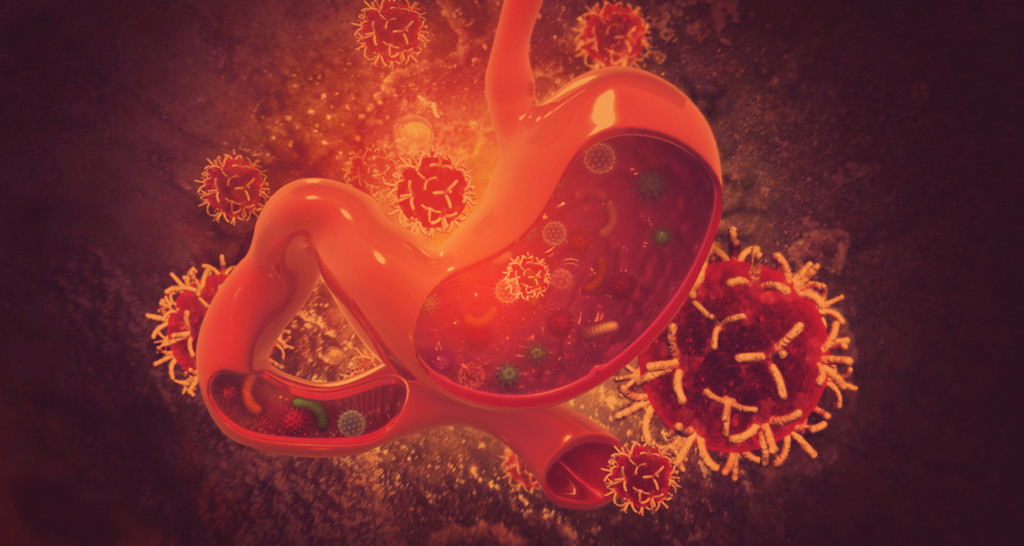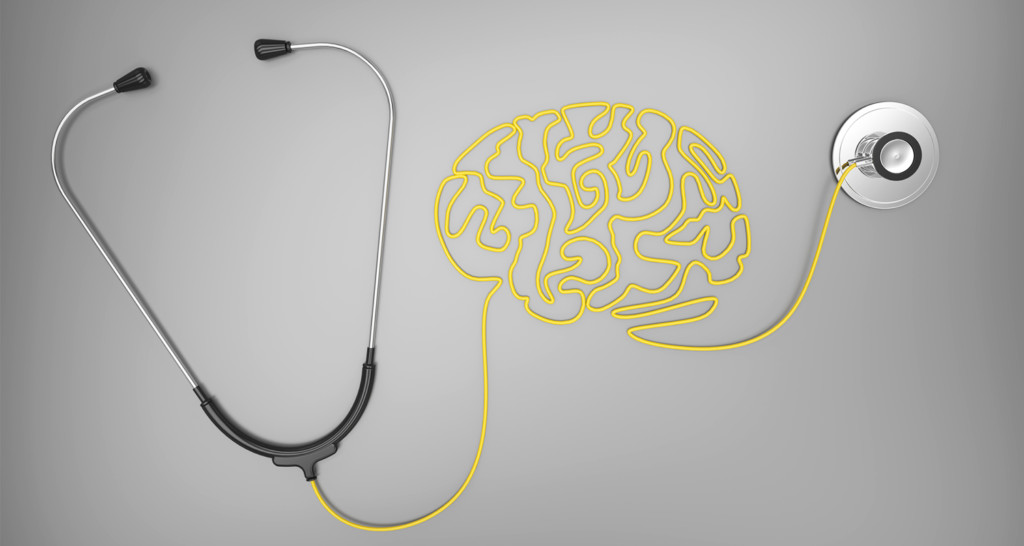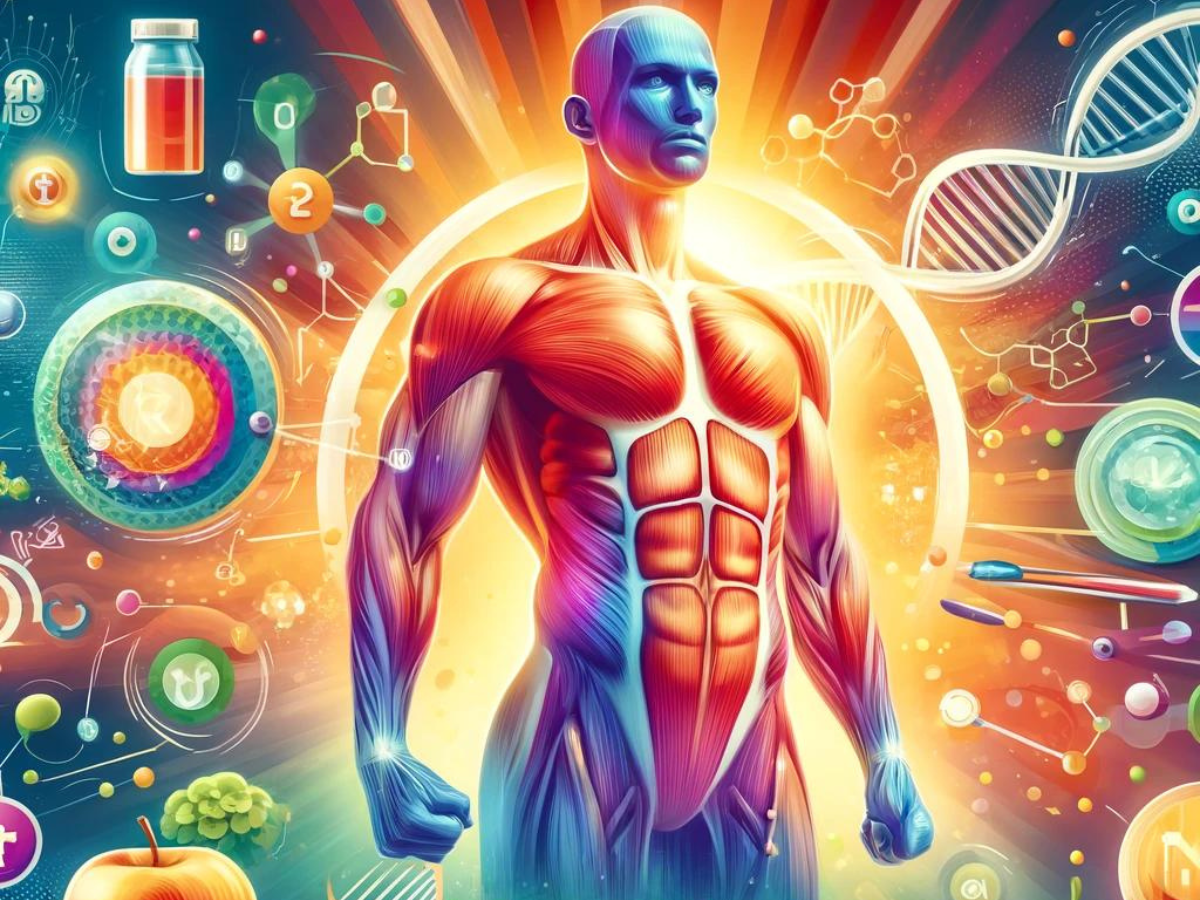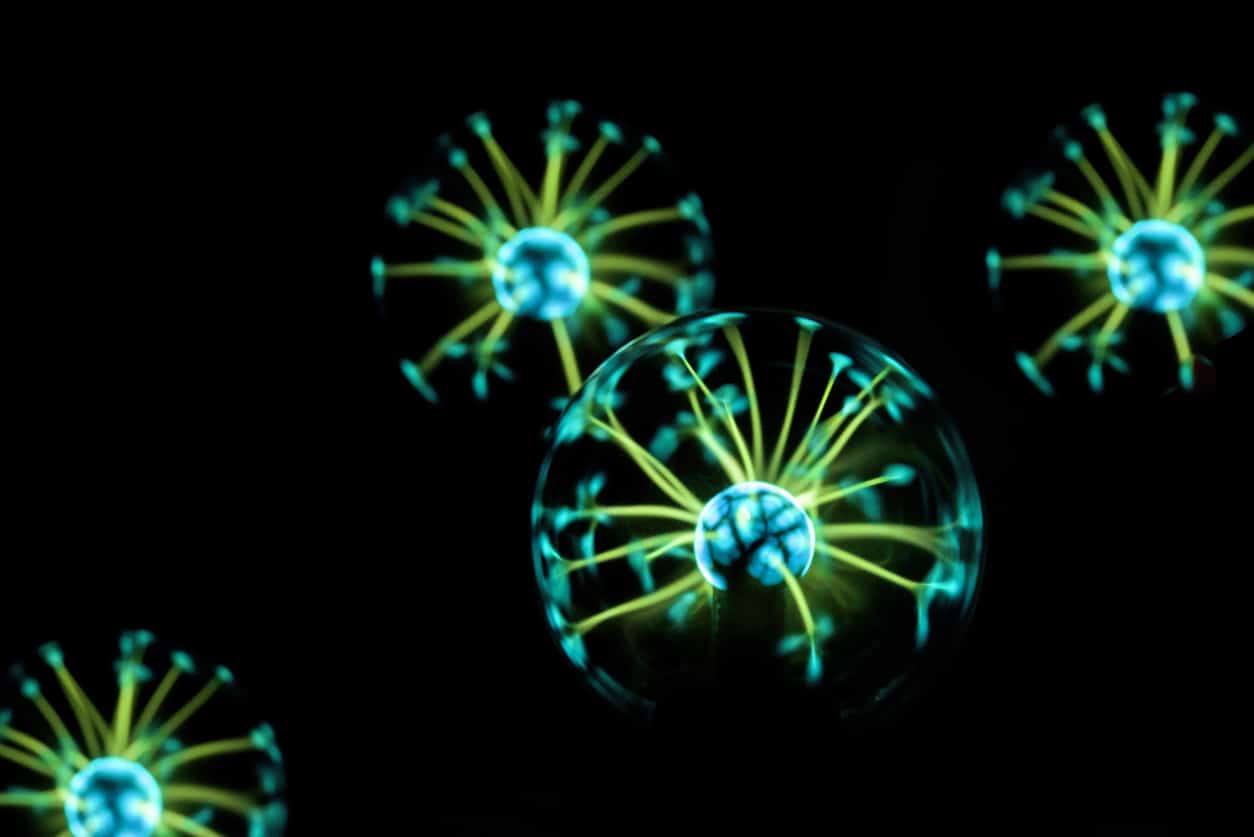
[tldr]
- People are experimenting with the carnivore diet. On this diet, you only eat meat and nothing else. Some variations allow animal-derived foods like butter and eggs.
- For artificial intelligence researcher and former Bulletproof Radio guest Steve Omohundro, the carnivore diet improved his brain fog and fatigue after chemotherapy.
- No matter which diet you follow, make sure you’re eating organic, grass-fed meat to limit your exposure to bad fats, glyphosate, artificial hormones, and antibiotic residues — all of which can make you weak.
- When I was developing the Bulletproof Diet, I spent three months eating primarily meat and fat (the Inuit diet). I felt great for about a month, but severely restricting my carbohydrates dramatically lowered my sleep quality and gave me new food allergies.
- There are downsides to long-term carnivore diets. Namely, you disrupt your gut bacteria (which you can measure with a Viome test). Using Bulletproof collagen protein may help. Also, a diet high in meat amino acids tryptophan, cysteine, and methionine is shown to increase aging and cancer risk.
- The carnivore diet may work because it stops feeding bad bacteria in the gut. If you try it, I recommend doing it for a month or two and then cycling off.
[/tldr]
What if you ditched every vegetable and fruit, filled your plate with fatty cuts of juicy meat for breakfast, lunch, and dinner, and still retained all of the essential nutrients your body needs to thrive? It’s called the carnivore diet, and some people swear by its results.
I tried eating only meat, eggs, and butter for three months when I was doing research for “The Bulletproof Diet.” Here’s what happened when I cut carbs and went full-on carnivore to hack my performance.
Carnivore diet results: Why it makes sense to eliminate carbs
While I was developing the Bulletproof Diet, I learned that some Inuit populations survive on virtually zero carbohydrates. They eat mostly meat, fish, and fat — a way of eating people today call the carnivore diet. Their diet was higher in fat than today’s typical carnivore diet experimenter — you could call it the “anti-vegan diet.”
It sounds extreme in comparison to the standard American way of eating, which is heavy on “heart-healthy” grains. (Insert eye-roll here.) And yet, when Inuit populations were introduced to refined carbohydrates, researchers actually saw an increase in dental cavities, hypertension, atherosclerosis, and diabetes.[ref url=”https://openheart.bmj.com/content/4/2/e000673 “][ref url=”https://www.ncbi.nlm.nih.gov/pmc/articles/PMC6045743/”]
Biohacking is all about finding new opportunities to expand your limits and reach new levels of peak performance. That’s why I tried eliminating carbs altogether. It didn’t work out well for me.
However, my friend and cancer survivor Steve Omohundro saw transformative results on the carnivore diet. Omohundro is a physicist who has been on the Bulletproof Radio podcast before to talk about his weight loss on Bulletproof Coffee and research in building a global brain using artificial intelligence. Keep reading for both of our stories.
What happened when I ditched carbs
For three months, I ate almost 100% meat and animal-based fats in an attempt to replicate an Inuit-type diet. It wasn’t a full-on carnivore diet, but it came close. I had one serving or less of green vegetables per day — usually broccoli.
After all, if a high-fat, low-carb diet was so transformative in helping me keep the weight off after weighing 300 pounds, then eating zero carbs should turn me into a biohacking superhuman, right?
Not so much. I felt great for the first month or so — until I noticed that I was exhausted every morning. According to my sleep monitor EEG equipment, I was waking up 10 to 12 times per night without knowing it. I developed brain fog and inflammation I didn’t have before, as well as three new food allergies.
What went wrong?
Why a zero-carb diet doesn’t work for everyone
Like the vegan diet, making a big switch to the carnivore diet can make you feel great for a month or two. Unfortunately, it can introduce new problems over time.
Depending on your individual biology, a sustained low-carb plan like the carnivore diet might not work for you. You’ll know this is true if you can’t get a good night’s sleep while you’re limiting carbs. That’s okay. Think of it as a red flag from your body that you need to adjust your carb intake.
The brain uses glucose to operate efficiently while you sleep. That’s why I recommend keto cycling as part of the Bulletproof Diet to fuel all of your body’s systems, especially if you’re dealing with fatigue and poor sleep quality on a keto-type diet.
The other problem is that the bacteria in my gut were literally starving on an all-meat diet. I caused a dramatic shift in my gut bacteria when I eliminated carbohydrates. Sure, I got rid of the bad ones by eliminating glucose — but in the long run, I didn’t feed the good bacteria with fibrous prebiotic carbs like sweet potato, carrots, and squash.
The end result of this carnivore diet experiment? My body didn’t have enough carbs to maintain my gut lining, and the bacteria in my gut started to eat the mucus that naturally lines your gut (eeww!). I set myself up for gut inflammation and leaky gut. Learn more about how your gut bacteria support your digestion.
It’s also worth saying that I briefly experimented with a raw omnivore diet. I did it after I quit being a raw vegan because it made me sick after a couple months of feeling great. Eating raw meat was economical — you require a lot less of it to get energy — but I realized there are more effective ways to hack my cells and fuel my body, like blending butter in my coffee, eating antioxidant-rich vegetables, and practicing intermittent fasting.
Carnivore diet results: What happens when meat works
Even though the zero-carb life didn’t work for me, there are both studied and self-reported cases of people who follow the carnivore diet.
In the early 20th century, Canadian anthropologist and explorer Vilhjalmur Stefansson followed the Inuit diet as part of his Arctic explorations. In the 1930s, he replicated the diet over a year with a fellow explorer for scientific study, and doctors didn’t find any signs of heightened blood pressure, fatigue, or kidney problems.[ref url=”http://www.jbc.org/content/87/3/651.full.pdf”]
Psychologist Jordan Peterson and his daughter, Mikhaila Peterson, made headlines earlier this year because of their carnivore diet results: By switching to an all-meat diet in 2015, Mikhaila Peterson overcame her lifelong autoimmune disorders, brain fog, depression, anxiety, and fatigue. Thanks to his daughter’s recommendation, Jordan Peterson overcame a list of conditions like depression, gastric reflux, and numbness in his limbs.[ref url=”https://www.theatlantic.com/health/archive/2018/08/the-peterson-family-meat-cleanse/567613/”]
And then there’s my friend’s story, which is just incredible.
Steve Omohundro was diagnosed with chronic lymphocytic leukemia seven years ago. Thankfully, he was successfully treated with chemotherapy — but chemo is rough on the body, to say the least. Omohundro struggled with brain fog, fatigue, and a creeping sense of depression.
“It was hard to get moving,” he says. “I started to get desperate.”
After hearing about Jordan Peterson’s results with the carnivore diet, he decided to research the science behind it — like a true biohacker. He found that chemotherapy can cause intestinal permeability,[ref url=”https://www.ncbi.nlm.nih.gov/pmc/articles/PMC5972222/”] which may have made him sensitive to the anti-nutrients in the plants he was eating, like oxalates in kale. Learn more about the problem with oxalates here.
Omohundro was already following a Bulletproof low-carb, whole-foods based diet. He knew how much better he felt after eliminating carbs and sugar. Three months ago, he decided to see what would happen if he switched to eating just meat.
“In three days, all of my mental functioning came back,” he says. “All my bloodwork moved in the right direction and is almost all normal now.” He’s stronger, more focused, and, most importantly, healthier — and he’s still eating meat as every meal.
What a carnivore diet meal plan looks like
Here’s a snapshot of what Steve Omohundro eats in a day:
- Breakfast: Ground beef and coffee
- Lunch: Rib eye
- Dinner: Lamb
- Supplements: Salt, magnesium, zinc, ionite, fish oil, vitamins D, C, and K, and thyroid medication for Hashimoto’s
Omohundro’s fridge is full of vacuum-sealed cuts of meat bought in bulk and broken down into individual portions. Here’s a photo — it looks a lot like my freezer!
Hacks for the best carnivore diet results
Take a collagen supplement
If you’re going to dramatically reduce or eliminate your carb intake, I recommend you do what makes you feel good. It is a great idea to feed your good gut bacteria with collagen peptides or butter. Here’s why.
If you eat exclusively meat, you’re going to be short on short-chain fatty acids (SCFAs) called butyrate. Your gut bacteria use butyrate as fuel to keep your intestinal wall strong. In one animal study, researchers discovered that an all-raw-meat diet led to SCFA deficiencies.[ref url=”https://pdfs.semanticscholar.org/8d2e/8d883546bb0bd6101b9b5fe8d57366ce87ee.pdf”]
Another animal study found that cheetahs were able to ferment collagen from bones and chicken cartilage into SCFAs, so we know it’s possible, but no one has checked for this in humans.[ref url=”https://academic.oup.com/jas/article-abstract/90/8/2540/4702338?redirectedFrom=fulltext”] (I broke this news about collagen in a chapter of “The Bulletproof Diet.”) Unless you’re going to nosh on buckets of cartilage and bone broth, it’s easier to just supplement with butter, which contains a common short chain fatty acid called butyric acid.
Related: How to Make Bone Broth
You also have to consider what a high-protein diet does to inflammation. Red meat is high in the amino acids cysteine, tryptophan, and methionine, which are pro-cancer and pro-aging in excess.[ref url=”https://www.ncbi.nlm.nih.gov/pubmed/16702333″] [ref url=”http://www.pnas.org/content/100/25/15089″] You can hit your protein macros without going overboard by consuming more collagen, which is a source of protein that doesn’t contain the same amino acids as a steak. Instead, collagen is high in glycine, proline, and hydroxyproline — amino acids also support a strong gut lining.
Eat organic, grass-fed meat
If you decide to go on the carnivore diet, remember that you must only eat high-quality, grass-fed meat to limit your exposure to glyphosate, a toxic herbicide that accumulates in industrial meat. Learn more about the dangers of glyphosate here.
One of the laws in my book “Game Changers” says to eat like your grandma, not a caveman. By that, I mean that previous generations had access to organic, local, grass-fed, nutrient-dense meat that was packed with the right ratio of omega-3 and omega-6 fats. If your ancestors on your mother’s side of the family likely ate a high-meat diet, it’s more likely to work for you.
Your grandmother’s diet also wasn’t filled with the same junk you’ll find in bargain cuts of grain-fed meat on your grocery shelf. Take a page out of your grandma’s book and eat organic, grass-fed meat, including offal.
Don’t overcook your meat
Burning, charring, frying, or ever over-boiling your meat changes how it impacts your body. Cook meat gently if you’re going to eat a lot of it to reduce inflammation. And avoid processed meat. It’ll wreck your performance and increase your risk of type 2 diabetes.
Related: The Truth About Red Meat and Diabetes
Do a gut check, literally
Finally, test your gut before to hop on the carnivore train. Regardless of your diet, I always recommend a Viome gut microbiome test because this company provides a detailed report of your gut bacteria — all you have to do is send some stool. Yeah, poop in the mail is gross, but your report will help you monitor the way your gut changes on the diet. If your microbiome isn’t doing so well without soluble fiber, you can adjust your diet accordingly.
The best biohackers track and monitor their progress over time to make informed decisions. Learn more about the medical tests everyone should get from their doctor.
It’s good to experiment to see what works for you. The reality is that experiments don’t always end in success — but they provide valuable data you can use to inform your actions. In my case, when I went on a version of the carnivore diet, it gave me autoimmune issues similar to my experience with the raw vegan diet. It also introduced new food allergies I didn’t have before.
However, like Jordan Peterson, his daughter Mikhaila, and tons of other self-reported stories online, you might benefit from a zero-carb diet. My friend Steve Omohundro certainly did. Try the carnivore diet for a while, track your results, and see how you feel, but don’t make the mistake of doing it forever if there isn’t a need to stay on it.
When you eliminate refined carbs and processed foods, you tell the bad gut bacteria to get out of dodge — and if somewhere down the line your body is telling you to eat a vegetable, go for it.
And a note for my fellow environmentally conscious friends — our soil desperately needs poop from grass-fed, antibiotic-free animals, and grass-fed local ranchers are helping sequester carbon. Don’t eat industrial meat on this diet because it’s bad for the environment, and bad for you, too!
















